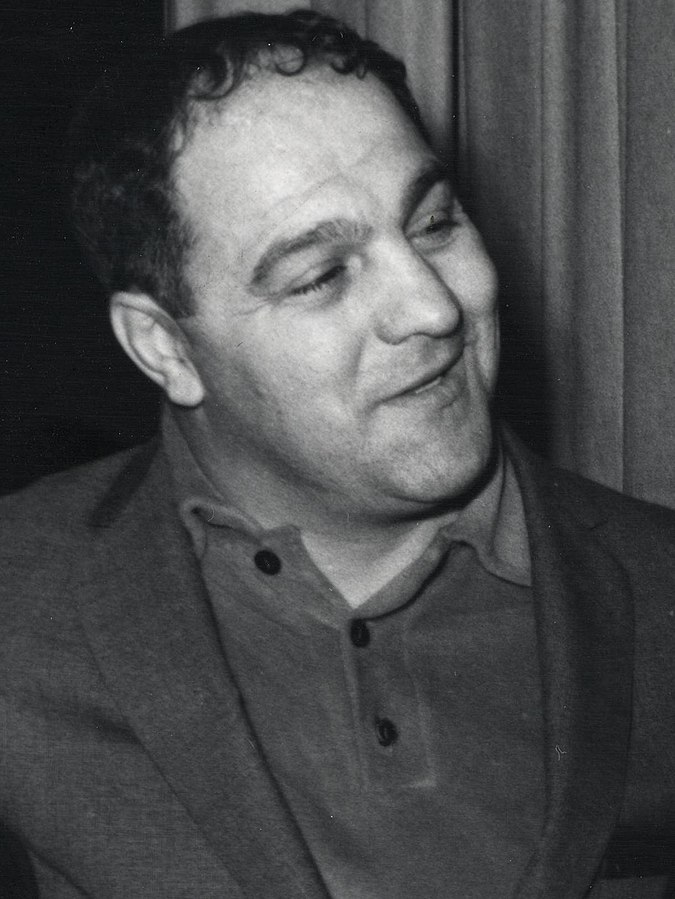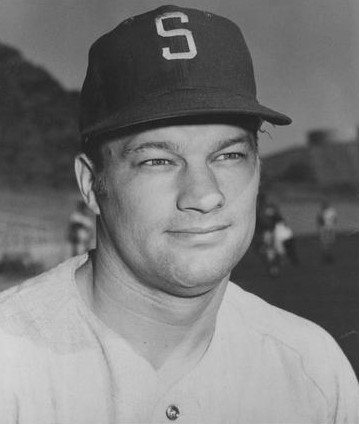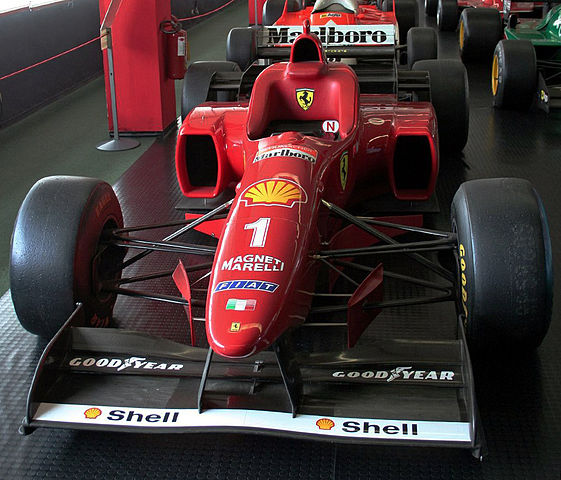"The undefeated” – the best autobiography for Rocky Marciano
New revelations and even more complete accounts of the life and career of the great boxer
Rocky Marciano's story has been told so many times over the years that it's hard to find anything new. However, Mike Stanton proved that it was not impossible by writing the autobiography entitled The Undefeated. In it, the author helps readers understand why even a man as proud as Muhammad Ali comes to see Rocky, considered the pride of Brockton, Massachusetts, box.
This is the complete autobiography of the boxer, written absolutely professionally and with respect to his subject. Stanton is a longtime newspaperman who shares the Pulitzer Prize for investigative reporting. He is used to sifting through every source, providing rich details and fresh discoveries about Marciano's career.
The general outline of this career is well known. Rocco Marchegiano was born in Brockton in 1923 and dreamed of becoming a major league baseball star, but lacked the skills. After a stint in the army during World War II, he decided to take up boxing at the late age of 23. This is a last ditch effort to avoid the fate of his father Pierino, who toils in the city's famous shoe factories. Marciano assembles an ideal team to take him to the top, a place impossible to reach without the fierce dedication that has become his hallmark.
Although clearly not gifted with the talent or physique suited to the sport, Marciano is determined to succeed. The boxer's work ethic is what Stanton calls his "indomitable will to win." It was work, training, dedication and an unyielding spirit that were the key elements in Rocky's rise. Of course, this also needs a complement coming from the one-of-a-kind right hand. His powerful punch puts even superior boxers to sleep. It was he who was at the heart of his victory against Jersey Joe Walcott in September 1952, which made him the heavyweight champion of the world. Six successful defenses followed as Rocky retired undefeated in April 1956. His style is often described as rough and unattractive, but behind it lies a lot of hard work and serious physical training.
Stanton's descriptions of Marciano's characteristic battles are gripping and dark without being overburdened with attempts at literary flights of fancy. While the author's approach slows the pace down at times, his persistence mostly serves the story well, and also brings some news. For example, we learn that Rocky did not have a smooth service in the army during World War II, but spent almost two years in a military prison after a drunken accident with a friend.
Marciano's statements after the end of his career are also interesting. He thinks that when people become more civilized, they will ban boxing. He also expresses his worries that his grandchildren will label him as a "brutal brute" looking back on his life.
"Undefeated" aims to show that Marciano is more than what people know about him, that he is a much more complex character than you can read in the articles or see in the old, black and white videos. His reputation as a suave sportsman and hard-working, clean-cut family man made him an icon of 1950s popular culture — "the poster boy for the Greatest Generation and a symbol of American masculinity," as Stanton puts it — just like champions heavyweights before and after him will resonate with their own eras. It is this image that obscures the darker impulses of his life, including fraternizing with mobsters shortly before he quit boxing, and his voracious appetite for women. His fear of bankruptcy, which haunted him throughout his life, grew into an obsession with spreading entertainment funds across the United States. When he died on August 31, 1969, he didn't tell any of his family where the money was, and they never found a single dollar.
Stanton's portrayal of Marciano's retirement years is consistent with what earlier writers such as Russell Sullivan and the late William Nack reveal, but his treatment is deepened by the context he provides for the younger Marciano—the one who who spent time in an English military prison before rising to the heights of American sport.
The fact that Stanton finds something new to say about Marciano makes the boxing great's third autobiography the most comprehensive and even better than Everett Skehan's 1977 book Rocky Marciano: The Biography of the First Son. Also from Russell Sullivan's 2002 Rocky Marciano: The Rock of His Time.




